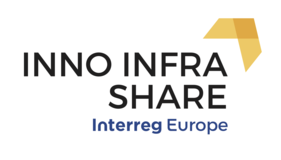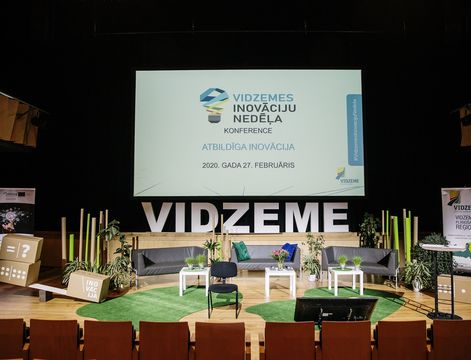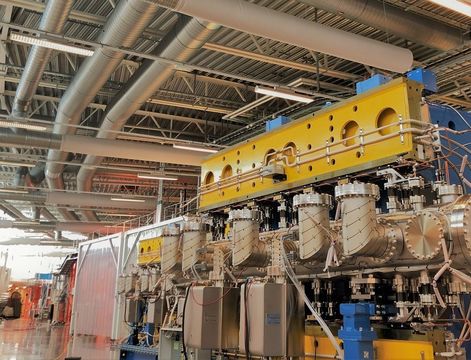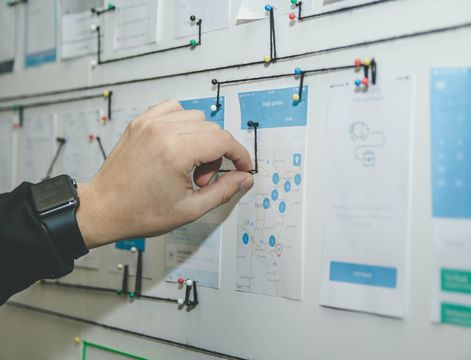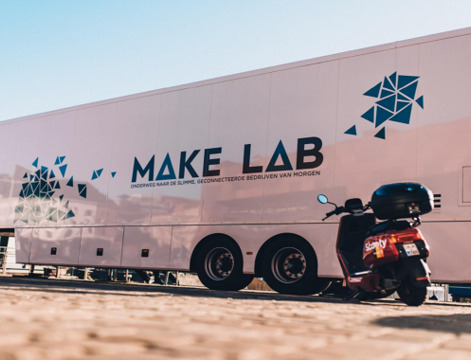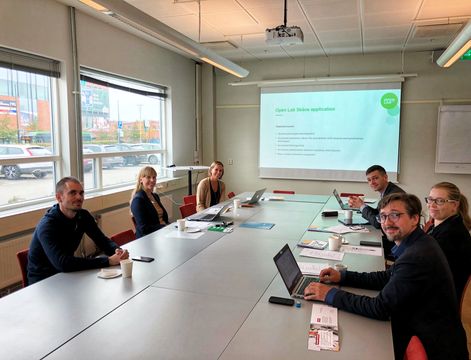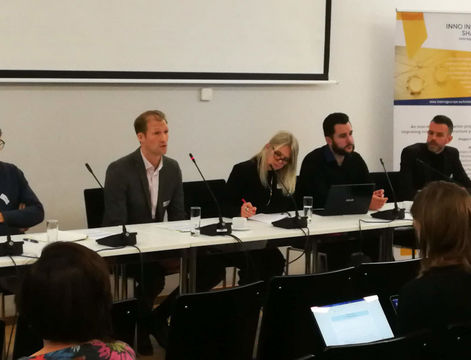The second local stakeholder group meeting has taken place in Vidzeme Planning Region, Latvia. Stakeholders discussed the prerequisites to establish a successful innovation ecosystem in the region and visited Vidzeme University of Applied Sciences laboratories – Mechatronics, Electronics labs and Virtual and Augmented reality lab. The main challenges in the region are attracting highly qualified specialists and specialization in specific areas where region has potential for excellence.
Stakeholders from Vidzeme University of Applied Sciences, Institute of Environmental Solutions, Institute of Agricultural Resources and Economics and Riga Technical University Cēsis Affiliate, and also the national institution responsible for Research and Innovation (R&I) Infrastructure policy in Latvia – Ministry of Education and Science discussed the two project Study Visits to Netherlands and Belgium and to Italy, as well as the results of Peer Review meeting in Czech Republic where partners had a chance to discuss their national and regional support policy for R&I and get partners’ inputs for improvement. Vidzeme region’s stakeholders agreed that innovation ecosystem is crucial for the region’s development, and attraction of qualified specialists is important to ensure the accessibility of R&I infrastructure. In order to do that, cooperation between local municipalities is very important to create an attractive environment for specialists and to continue developing niche excellence not only on regional, but also on national and international level.
Already now the universities and research institutions of Vidzeme region have focused on specific niches – a tendency that was also evident when visiting INNO INFRA SHARE partners R&I institutions in the Netherlands and Belgium. They provide a good example of planning the investments in accordance with the region’s smart specialization strategy.
This year Vidzeme Planning Region will work on elaboration of the local action plan with an aim to improve the policy influencing R&I infrastructure and to promote accessibility of RII to companies. It is also important to promote collaboration between infrastructure owners on local, national and international level.
